The Green Adventure: My Journey into Hydroponic Weed
You’d think growing weed in your backyard would be as simple as planting the seeds, watering, and watching them grow. But let me tell ya, it’s a wild ride, especially when you throw hydroponics into the mix. Now, don’t get me wrong; I’m not one to shy away from a DIY project. Growing up, I found beauty in tinkering. But when I decided to build myself a hydroponic system for some home-grown greenery, I had no idea what I was getting into.
A Dream and a Shed Full of Junk
The idea first sprouted during one of those hazy afternoons spent sipping coffee on my porch, letting my mind wander to what could be. I figured I’d combine my love for gardening with the latest in farming tech—hydroponics. I wandered out to my shed, which, let me tell you, was a graveyard of half-finished projects, old tools, and broken dreams. I found an old aquarium pump, some PVC pipes left over from that failed rainwater collection system (which I swear was going to be the best thing ever), and a couple of plastic bins.
The plan was simple: fish on one end, plants on the other, and this magical cycle in between where the fish would fertilize the plants, and the plants would clean the water. Easy peasy, right? I thought I had it all figured out.
The First Misstep: Fish Selection
I headed to the local pet shop—what a bizarre place to find inspiration for a project! I walked in, wide-eyed, surrounded by the splashing of fish and colorful tanks. I decided on goldfish. Cheap and hardy, I thought. But looking back, I should’ve read the hidden manual of aquaponics; a little research would have saved me a few heartaches. I hadn’t considered how much fish waste a goldfish actually produces or its oxygen needs, but I was too eager to get started.
Before I knew it, I had a system cobbled together. It was more of a jank-o-ponics; the water still had that unmistakable whiff of fishiness, and the plants were just a distant thought. But boy, when I plugged in that pump and watched the water start swirling, the smile on my face was a mile wide.
The Green Monster: Algae Awaits
Now, here’s where things got a little hairy. For about a week, things were swimming along nicely, or so I thought. The fish were happily bubbling around, and I’d even thrown in a couple of basil plants just to test the waters—pun very much intended. I thought I’d nailed it until I walked out one morning to the sight of my water turning cartoonishly green. I didn’t realize it was an algae bloom until I was elbow-deep, scrubbing the sides of that aquarium like it owed me money.
“Didn’t anyone tell me that growing weed was supposed to be serene?” I grumbled to myself. And man, the smell! It went from that lovely aquatic vibe to an earthy, swamp-like odor that lingered in the air like a reminder of my failure.
The Heartbreak of Death
I almost threw in the towel when I lost my first fish, a little guy I had named Bubbles. The poor fella just floated up to the top one morning, pale and lifeless. I didn’t realize at the time that my pH levels had gone haywire. The water was too acidic; I had completely neglected to keep an eye on that crucial detail. A couple more fish followed suit, and soon I found myself drowning in disappointment.
I took a break from the headache of it all, sitting on my porch again, staring out at the overgrown mess I was trying to control. It was easy to feel defeated. I mean, what kind of backyard gardener kills fish while trying to grow basil?
A New Perspective
But, as it often goes in life, despair turned into a little spark of motivation. I found a community online—those passionate weirdos like me who were turning their backyards into science experiments. I spent long nights reading about pH balance (who knew it could be so complicated?), and I learned to use test strips and those goofy little kits that looked like they belonged in a chemistry class rather than my backyard.
Lo and behold, understanding pH was where the magic began. Little things changed—using baking soda to adjust the levels and bringing in better fish, like tilapia. Trust me, these guys were troopers, and they became my new aquatic soldiers in this war against algae.
Hurdles and Triumphs
With some serious trial and error, I finally found a balance. The plants began to drink up the nutrient-rich water, and I found myself tending to my little green world with pride. Sure, it wasn’t perfect; my pump would occasionally sputter like a teen going through voice cracks, and every now and then, I still had to wrangle a rogue algae problem or two. But I was getting there.
I dug deeper into the hobby, experimenting with different plants, and had my first successful batch of herbs and a few sturdy little weed plants popping up. I can’t explain the satisfaction it brought me, sitting outside on my swing with a glass of iced tea, looking over at what had once been a green nightmare—now thriving under my care, thanks in part to understanding pH.
The Takeaway
If there’s anything I learned from my hydroponic adventure, it’s that perfection is an illusion. You’re gonna mess up. You’re gonna lose fish, and it’s okay to feel frustrated. The important part is not to give up, to let those hurdles become part of your story instead of your failure.
So, if you’re thinking about doing this crazy little hydroponic venture for yourself and are feeling overwhelmed, don’t worry about getting it perfect. Just start that adventure, pour yourself a drink, and get your hands dirty. You’ll figure it out as you go.
And if you’re curious about learning more, join the next session here to dive deeper into this fantastic weird world of hydroponics! Join the next session and let’s build this green adventure together!

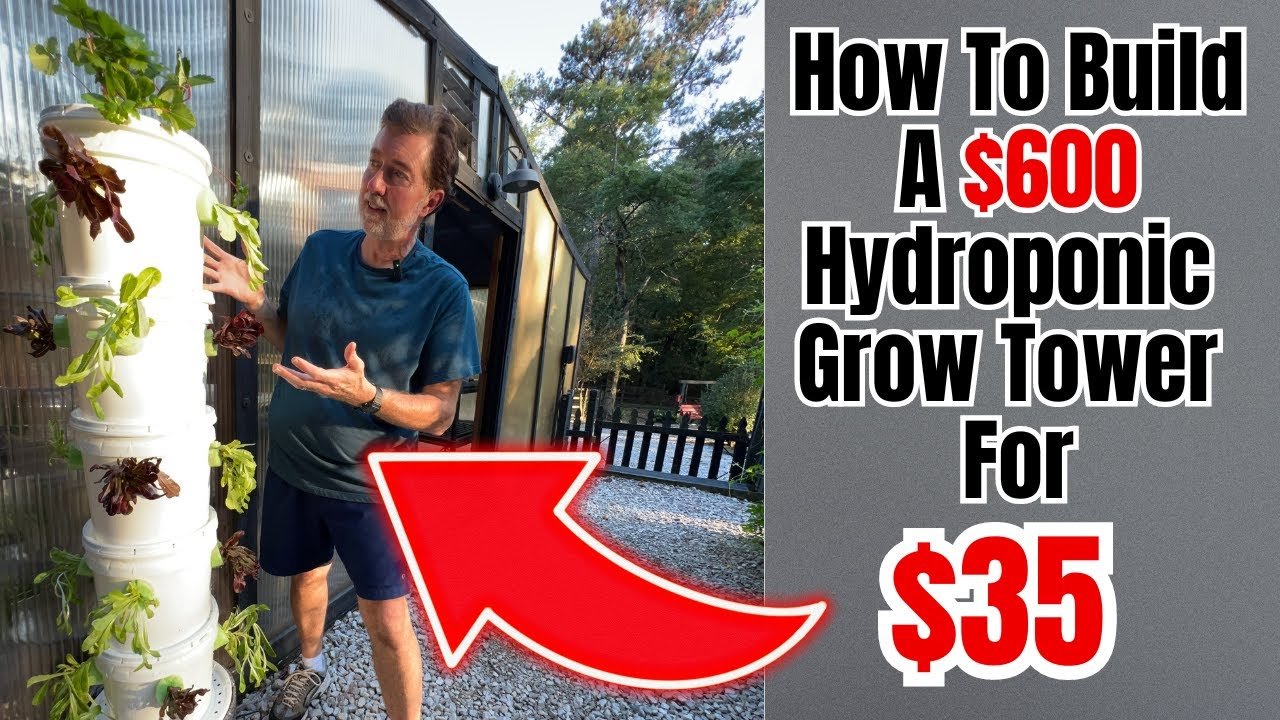
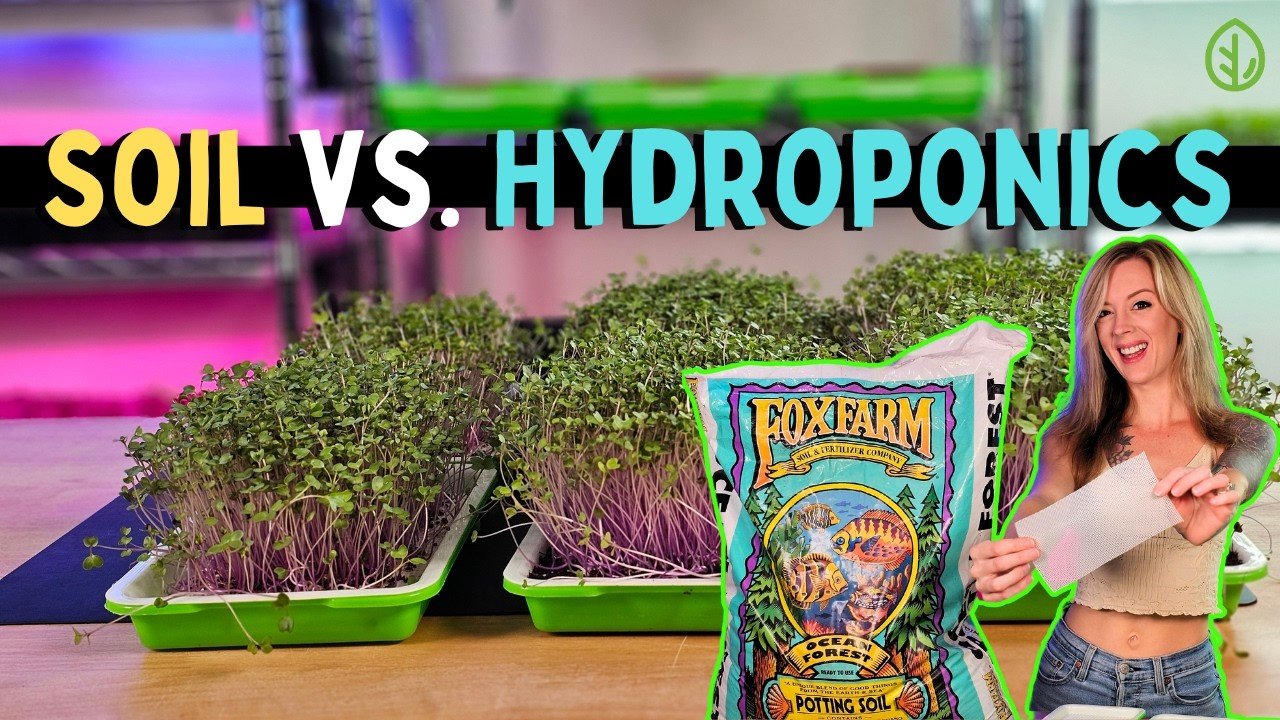

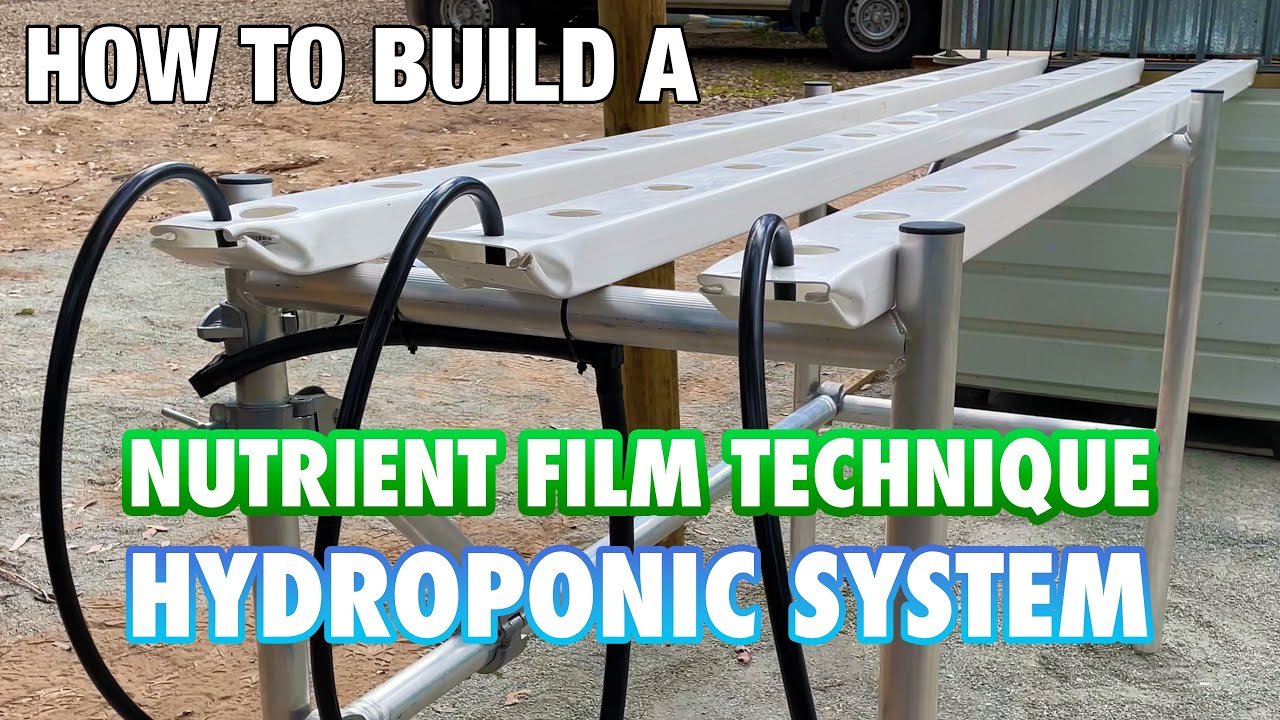
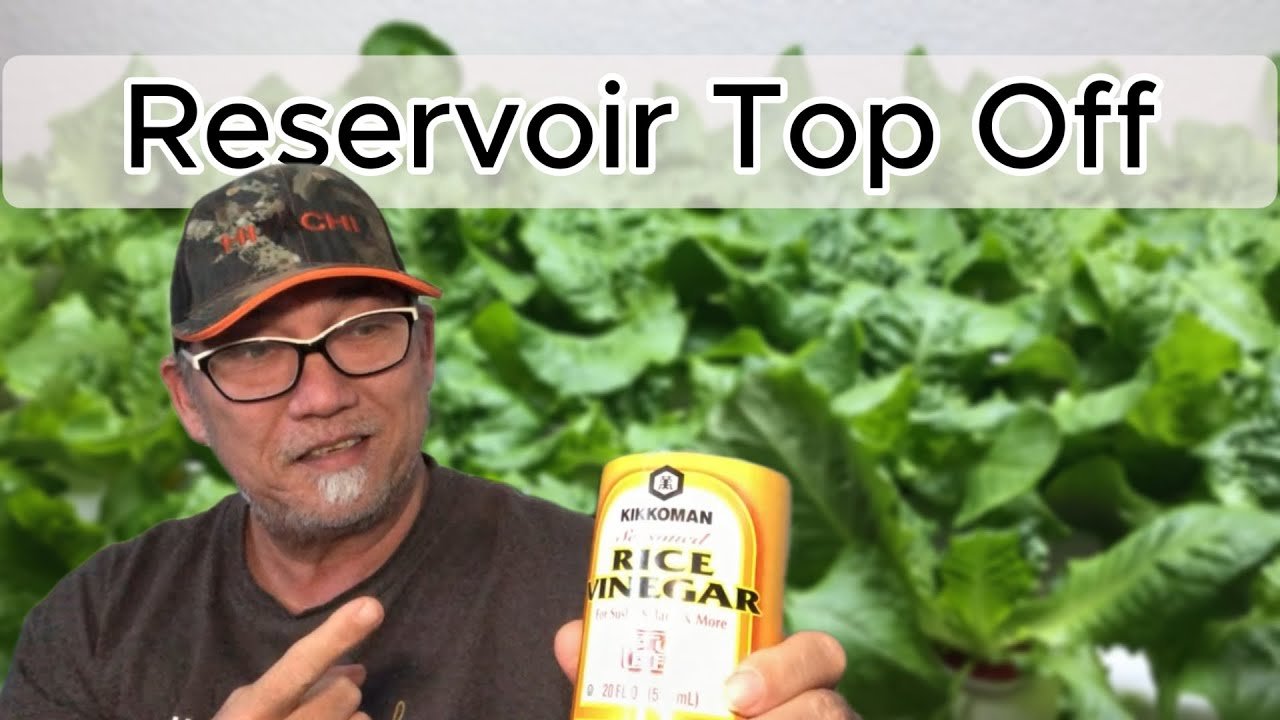
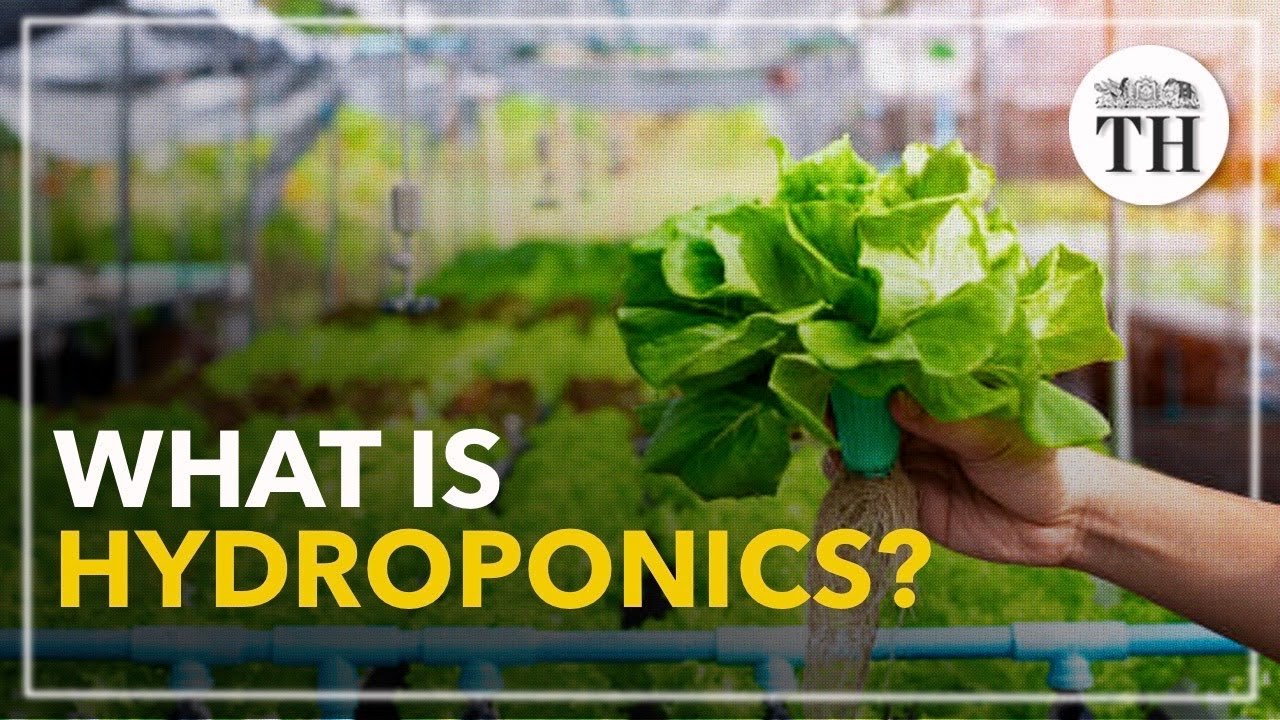
Leave a Reply